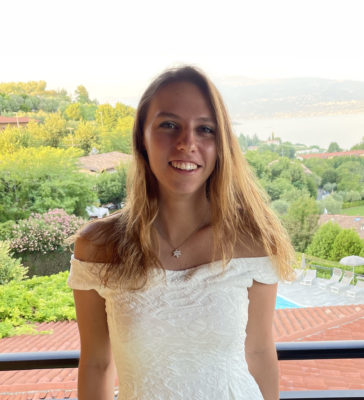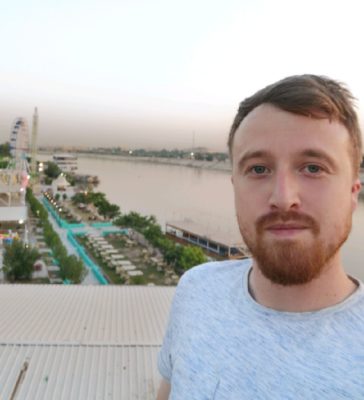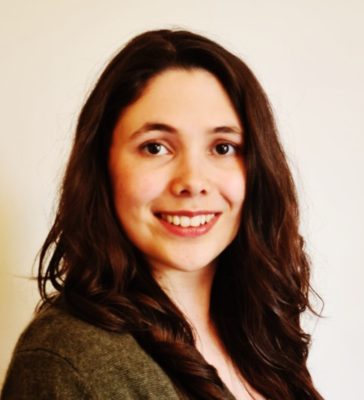
Giulia Luerti
Current Employer/Organisation Name
MORIGENOS – Slovenian Marine Mammal Society
What have you been doing since leaving Exeter, and what are you doing now?
As the end of the MSc was approaching, I started contacting many researchers in the field of marine mammals’ conservation and NGOs via email to look for opportunities. I was lucky enough to be selected for a job opportunity to study the acoustics of bottlenose dolphins in Slovenia and I decided to start this new adventure right away.
Why did you choose this career? And what do you enjoy most about your work?
I find cetaceans very intriguing for their social and communication aspects and I believe continuing to learn more about them can significantly help conservation efforts. I love learning about how they use different sound types in different situations and gain insight into their communication.
What did you enjoy most about your programme/ the University and what was the biggest highlight?
The biggest highlight was for sure getting to work with SPOT – Society for the Protection of Turtles in Cyprus and their Bycatch project for my thesis. Going on fishers’ boats to deploy FPODs and learn about their perspective on the conflict between small-scale fisheries and dolphins was mind opening. I even got to see turtles mating in the water while snorkelling which was one of the best experiences!
Why did you choose to study this course?
After graduating from my BSc in Biology I wanted to focus my studies on marine conservation and this course provided a wide range of opportunities to meet researchers from all over the world and to learn more about their work. I was also very interested in conducting my own research project to improve my research scientist skills.
What skills and experiences have been most useful for your career?
Learning about statistical analysis, writing reports and my thesis were the most useful skills I learned. Learning how to approach a research project from the begging to completion was very useful for my career. Fieldwork experience was also fundamental for future roles.
What advice would you give to a current student who wishes to pursue your career?
I think networking and contacting people whose research you are interested in is always very useful. There might not be opportunities when you contact them but learning about what they are doing and keeping in contact throughout your career is always helpful to get their advice and to see different perspectives. Don’t be scared to send emails to anyone you would like to collaborate with. It’s worth trying!
What are your plans for the future?
I plan to continue working in marine mammals’ conservation and hopefully in the field of bioacoustics, but I am open to learning more about different aspects of research. Possibly doing a PhD to improve my skills as a research scientist.

